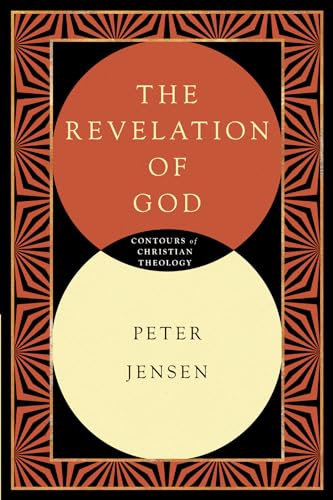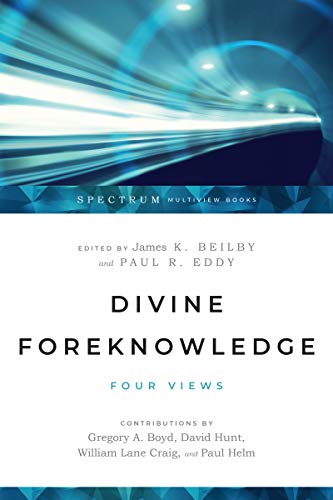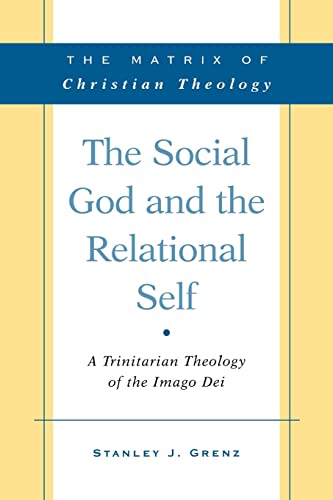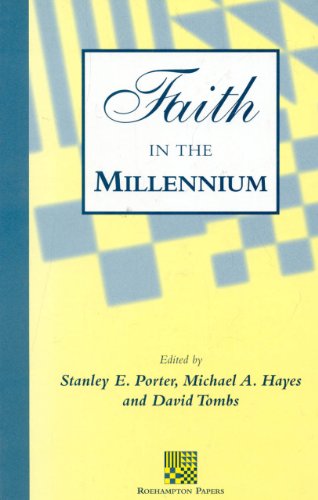THE REVELATION OF GOD
Written by Peter Jensen Reviewed By Krish KandiahPeter Jensen takes an innovative and refreshing look at the doctrine of revelation using the gospel as the paradigmatic way in which revelation occurs. Jensen argues passionately that for too long the link between the missionary impetus of the church and Christian theology has been severed. Jensen issues a clarion call to theologians to make the gospel central to our ministry. This is particularly pertinent to those of us who practice our theology in institutions that are hostile to the gospel.
The book has three major sections. First, it attempts to work out the implications of using the gospel as a lens through which to understand the doctrine of revelation, second, it endeavours to formulate a doctrine of Scripture in light of these findings and finally it explores the role of the Holy Spirit in revelation focussing on illumination.
The first section is the most innovative and offers a strong evangelical perspective to the discussion of revelation, with the usual Sydney Dioceses’ emphasis on biblical theology helpfully present. Regarding the relationship between special and general revelation, Jensen succinctly states his position: ‘experience intimates, the gospel enlightens; the gospel interprets, experience confirms’ (108). Interaction with Bruce Demarest’s important work on general revelation would have been useful at this juncture. Unfortunately this section fails to follow through Jensen’s missionary impetus. If, as Jensen argues, the gospel is the primary means of God’s revelation then exploring how the gospel is propagated would have been a natural next step. Unfortunately Jensen’s own work provides an example of his lament about the separation of mission and theology.
The second section, examining a doctrine of Scripture, is in general a strong part of this work. Jensen provides a fair-minded discussion of inerrancy and infallibility with a genuine attempt at bridge-building between entrenched positions. There is a sensitive approach to the positive role tradition plays in preserving biblical truth and also an appreciation of the opportunity that interaction with culture provides to help the church evaluate its reading of Scripture. However if Jensen had followed through his missionary impulse he would have interacted with missiologists giving him a more sophisticated understanding of the ongoing relationship between gospel and culture. Although Jensen makes a single reference to the corporate understanding of Scripture, the overall impression of Jensen’s approach to reading Scripture is individualistic. There is little appreciation of how the church community can assist interpretation nor is there acknowledgment of our need for the global church to expose local hermeneutical blind spots.
The third section in my estimation is the most problematic. Jensen embarks on an unhelpful anti-charismatic polemic. Although taking a cessationist approach, he wisely distances himself from weak exegetical arguments based on 1 Corinthians 13:8–12 and admits that ‘no text in Scripture teaches that contemporary miracles are impossible or have ceased’ (272). Instead Jensen argues that belief in contemporary gifts of revelation diminishes the significance of the NT and in a section on listening to God, Jensen seems to assume those that believe in contemporary revelation have abandoned Scripture and arrogantly states that they ‘would be better to join those who have abandoned the whole Christian enterprise’ (274).
In my opinion, this is the low point in a book that is generally innovative and challenging and is a welcome addition to my library as one of very few books written on this subject from an evangelical perspective.
Krish Kandiah
Krish Kandiah
The Evangelical Alliance
London, England, UK







